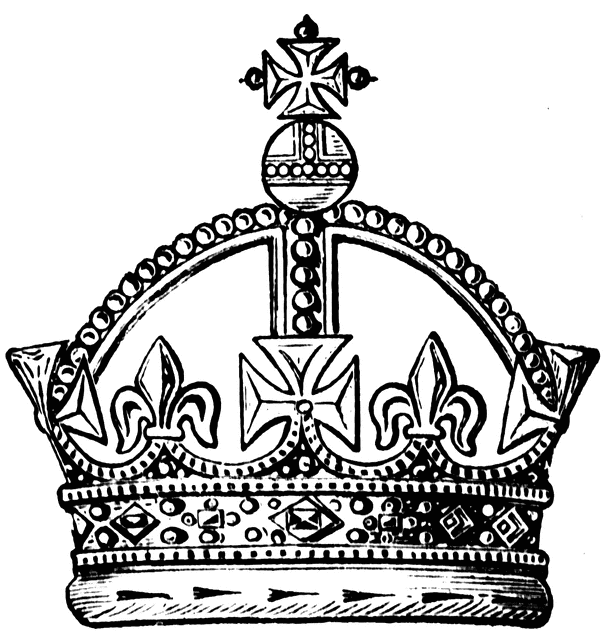Women's Ordination Unlikely in Lutheran Church of Australia: Holy Spirit and Tradition direct Lutheran Magisterium...
Tom Pietsch, Lutheran Seminary student and blogger at Unto This Last, has this report on his page:
My sources tell me that Pastors voted 50.9% in favour and 49.1% against the ordination of women. As two thirds are usually needed for a majority, it seems that the Holy Spirit has given no clear indication to proceed.
For those unsure what I’m talking about, every three years the Lutheran Church of Australia holds a General Synod (next week). The week beforehand (this week) is the General Pastors’ Conference where the Pastors determine the direction for Synod. This year the biggest item is whether or not to ordain women, and it seems that the Pastors have given no clear direction to proceed on the issue. My understanding was that many expected a greater vote in favour of women’s ordination.
My comment on this blog was as follows:
I was there last time when this happened six years ago. Then the vote was almost exactly the same, 118 against to 115 for (I think the slight difference in favour of the proposal this time is because in 2000 they were able to truck in a fair number of retired pastors who were included in the vote). So nothing has appeared to change as far as the pastors’ conference is concerned.
What will happen now? The PC advises the Synod on all matters deemed theological, but no change can take place without a 67% majority in Synod.
The unwritten “tradition” was always that any theological matter on which the Pastors’ Conference had not reached a consensus (ie. well over 2/3 in favour) could not be submitted to the Synod for discussion, let alone vote.
That rule was broken when Lance Steicke exercised his powers as chairman of General Synod to take the matter to the 2000 Synod anyway, with the result that 55% voted in favour and 45% voted against. So nothing changed in the life of the LCA, although everything changed in the lives of some of the pastors who attended (I for one).
The hue and cry after the unwritten tradition was broken was so great in some quarters and the confusion so great in the LCA in general after the 2000 debacle, that I would be surprised if the new chairman, Mike Semmler, would open himself up to the same situation again this time. Because of course, if the Synod does vote on the matter, and approves it (the level of education among the laity in Lutheran theology possibly having declined since 2000), then the LCA would be caught in the rather awkward situation of introducing women’s ordination when barely 50% of the pastors accept the idea.




.JPG)







